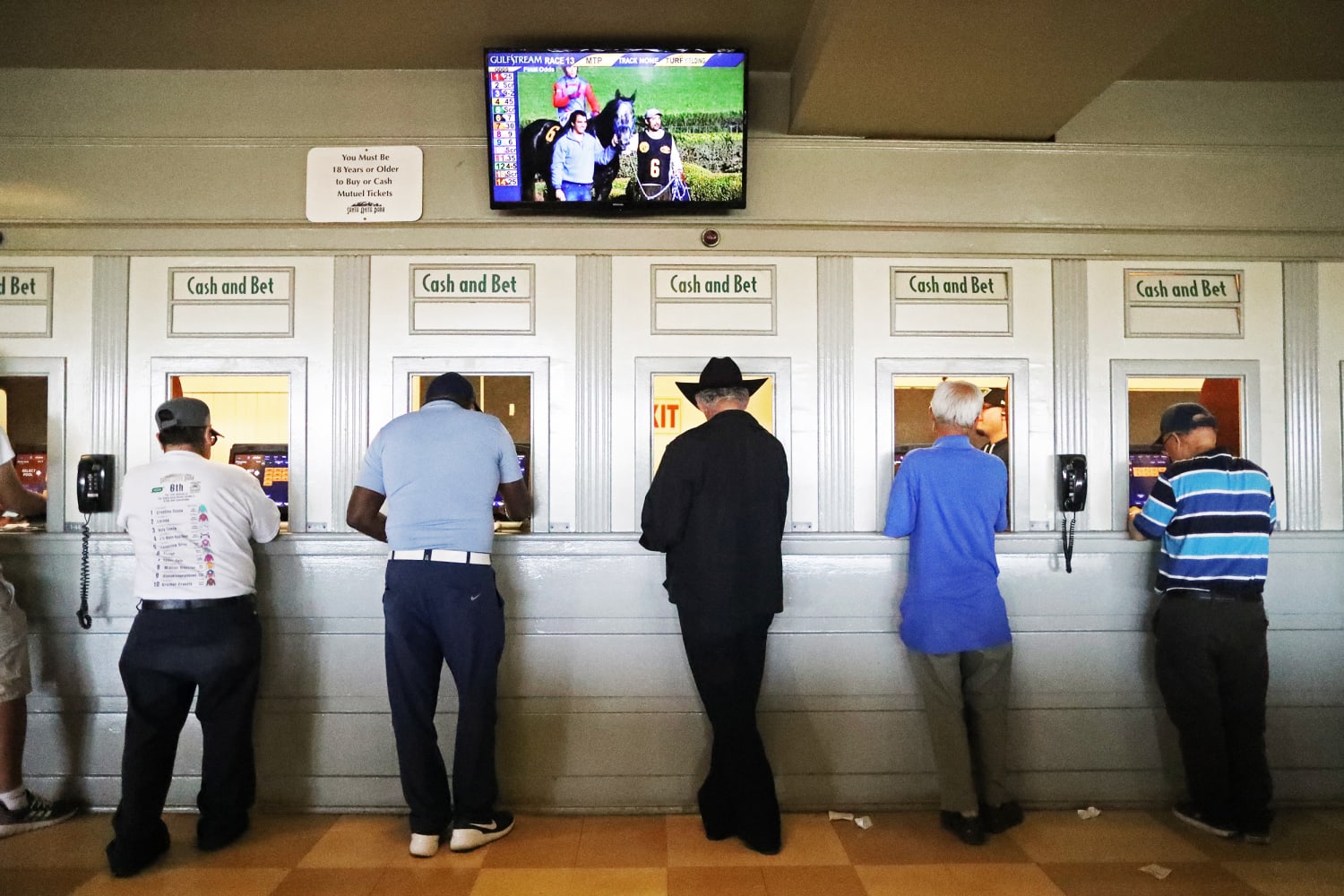Oct. 18, 2022, 6:19 PM UTC
By
All eyes are on Georgia and Pennsylvania’s pivotal Senate races this year, but those races currently rank second and third in ad spending nationally, according to AdImpact.
California’s Proposition 27, a question about legalizing sports betting in the state, has spurred over $215 million in ad spending so far this cycle, with millions booked for the next three weeks leading up to Election Day.
By comparison, $184 million has been spent in Georgia’s Senate race so far, while $176 million has been spent in Pennsylvania’s Senate race, including primary and general election ad spending.
The two main groups spending money on the airwaves in the California race are on opposite sides of the issue — one in support of the proposition and one opposed.
If approved, the ballot measure would allow Native American tribes or gambling companies to offer online sports betting over the internet or on mobile devices anywhere in the state.
It would also force tribes and companies who obtain sports betting licenses to make payments to the state, including paying California 10% of sports bets made each month in the state and paying $10 million to the state for a five-year sports betting license.
The payments to the state from sports betting would go into the California Online Sports Betting Trust Fund, which would be used first to pay for state regulatory costs. Then, 85% of the leftover money would go to local groups addressing homelessness. The last 15% would go to tribes that are not involved in online sports betting.
Currently, no form of sports betting is legal in California, according to the state’s Legislative Analyst’s Office. Other forms of gambling, like slot machines and card games, are legal at casinos operated by tribes.
Currently, the biggest backers of Prop 27 are existing online sports betting sites, like FanDuel, DraftKings and BetMGM, all of whom have donated millions.
The tribes who would join these sites in offering sports betting generally oppose the measure, opting to support Prop 26 instead.
Prop 26 would also legalize sports betting, but would only allow tribal casinos and racetracks to offer it, shutting out the online platforms who offer sports betting in other states.
Additionally, Prop 26 doesn’t direct any revenue to addressing homelessness. Instead, each tribe would negotiate a compact with the state, which could include required payments to local and state governments.
If required payments were included in the compact, that money would go into the California Sports Wagering Fund and would partially be used to fund K-12 public schools and community colleges.
Source: | This article originally belongs to Nbcnews.com









